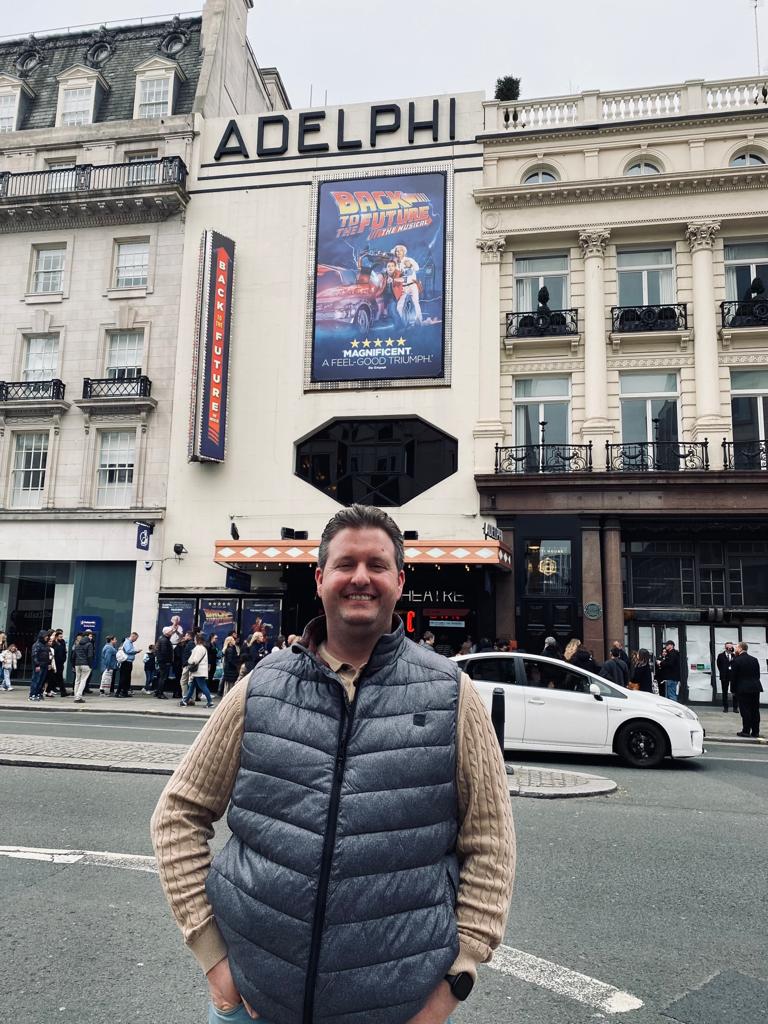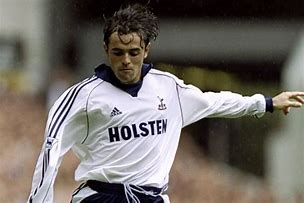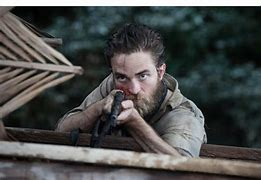James Gray is an established American film director, one who is capable of making rich dramatic pictures based around class and hierarchy in small structures creating fissures of tension as two male protagonists go head-to-head such as Mark Wahlberg and Joaquin Phoenix as small time hoodlums in The Yards and the pair reuniting again in We Own The Night as Wahlberg and Joaquin Phoenix take down the mob.
Gray has a fondness for America especially the city of New York, yet following a miss with Two Lovers (Phoenix again) he made the admired The Immigrant, an attempt at dealing with the history of New York and the Ellis Island influx of immigration following the first world war. A rich looking film detailed in production design, costume and faithfulness to the era.
His next film was to be his most ambitious film to date, a story about one man's desire and obsession in finding proof of an early civilization deep in the Amazonian jungle.
We first meet Major Percy Fawcett (Charlie Hunnam) in Cork, Ireland in 1906 - a servant of the British Army on placement in need of career elevation but let down by a 'poor choice of ancestors' and so stuck in his ways. Until salvation comes from the Royal Geographical Society who request him to London to help with their need to mark out the correct border between Bolivia and Brazil, where the prize is rubber at the end result. Fawcett has done studies of cartography and longs to gain credit for his work in his own right and the adventures of an explorer to boot.
The first trip sees him accompanied by his aide-de-camp Mr. Costin (Robert Pattison) who with native guides travel along the treacherous River Verde to find the source of the said river. After much tension and obstacles - tribes, disease, piranhas - they reach the start of the river, a mystical looking waterfall that once explored further offers trinkets of a by-gone civilization older than that of Machu Picchu, evidence that natives in the jungle forged a lifestyle of precision living off the land wholly, uniquely and succinctly banishing the idea that they be savages and less than human.

Fawcett returns to give his findings and is met by resistance by the entitled pomposity of his privileged world, he promises to return with a new member James Murray - who conquered Antarctica - in his stead. Murray turns out to be a deadweight, unfit for the jungle and unbecoming to the work involved. He restricts their progress, and save killing him they send him to a camp but Murray pours oil all over their supplies cutting short Fawcett's attempt. His rancour towards Murray back in London in 1914 is overshadowed and forgiven as the world is at war with Germany.
Fawcett is then given a brigade in the Somme in 1916, the push leads him to falling ill succumbed by chlorine gas. He survives and is given a promotion he craved to Lieutenant Colonel and this gives him the chance if his body allows to return to the jungle for one last attempt to find the lost city. He sets off on his trip with his son Jack (Tom Holland) in 1923, the world has changed following the Great War and the chance to seek something for fear of a war happening again is Jack's wish.
Fawcett's obsession is dealt with expertly, he is not a white saviour but a man who respects those who are living off the land and as he states, 'we are all made of the same clay'; yet the undying wish to find this civilization is not his undoing but more so a man who was a few years too early for his wishes to come true and if there was no war perhaps he would have made his discovery.
The point to be made of this film and one Fawcett attempted to make was that for us as a modern day civilisation to progress and change we need to look back at that which came before, learning from mistakes and setting about change with respect to others and all. Fawcett's generation did not learn as following his disappearance in 1925 only 15 years later the world was at war again. And as a write this, another tyrant is attempting carnage and chaos in Ukraine.
Like all of Gray's work there is an attention to period detail in terms of costume and make-up, the mise-en-scene of production design, and the set design of the drawing rooms of London from the Geographical Society to the club when Fawcett meets Costin asking for him to join him for one last hurrah.
There are also some lovely painterly shots captured by Gray and his DoP, Darius Khondji, especially when Fawcett and Son are leaving for their last expedition, as the car looks back at wife Nina (Sienna Miller) and the remaining children the camera lingers and the house overshadowed by a large tree and beautiful cloud filled skyline is reminiscent of the work of Constable or Turner.
The final act is expertly handled, the dread of impending doom upon the two Englishmen in the darkest of territories a la Apocalypse Now and the flashback of Fawcett at the christening of Jack, where Nina reads a letter to her husband she wrote in case she did not survive childbirth, borrowing a quote from Robert Browing 'A man must learn to reach beyond his grasp, or what's a heaven for?'
That encapsulates Fawcett neatly, a flawed man almost in name and in life, an idealist whose desire to seek wisdom and make up for those other white men who enslaved the natives before him, he calls to mind a quote I read recently, 'the search for wisdom is lost on that man who is wise', Fawcett had wisdom but it was perhaps the unwillingness of his contemporaries and peers that remains the most worrying aspect of this period. The complacency of this gilded age set in their ways, fearful of change and the new.
An attempt by Hunnam to reach for the mainstream attention by playing a flawed lead across many years, Pattison's attempt to stay hidden from his good looks in the media's age and a platform for Holland to show some range.
The final scene with Nina seeking one last rescue attempt of her departed Percy and Jack, is met by her leaving the Royal Geographical Society through a foliage entrance of the premises, as if she is returning to nature amidst all the chaos and to borrow from The Man Who Shot Liberty Valance, 'when we left it was a wilderness, now it is a garden' yet sometimes we yearn for those stiller, more quieter times in our life but perhaps the shot is Nina making peace with the realisation that her two men will not return to her and so she is accepting of that and joining them spiritually in their resting place amidst the jungle.
When this film was first released it was marketed as a mature adult tale of adventure and yarn yet for me it is more like a Sunday afternoon matinee film that needs to be re-assessed as a cautionary tale full of adult themes but enveloped by ambition and opportunity. A good film that should be seen by many and all as it serves as a reminder that the only thing that can hold a man back is himself. A film that will grow in popularity and influence in years to come. A film about teaching humanity compassion and humility amidst the ever-growing chaos that surrounds it, more prevalent today than ever.














